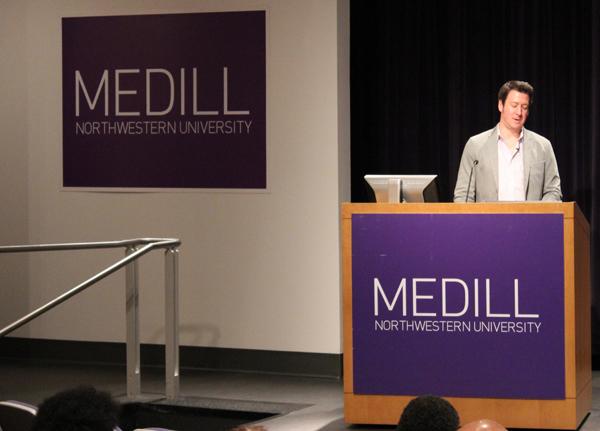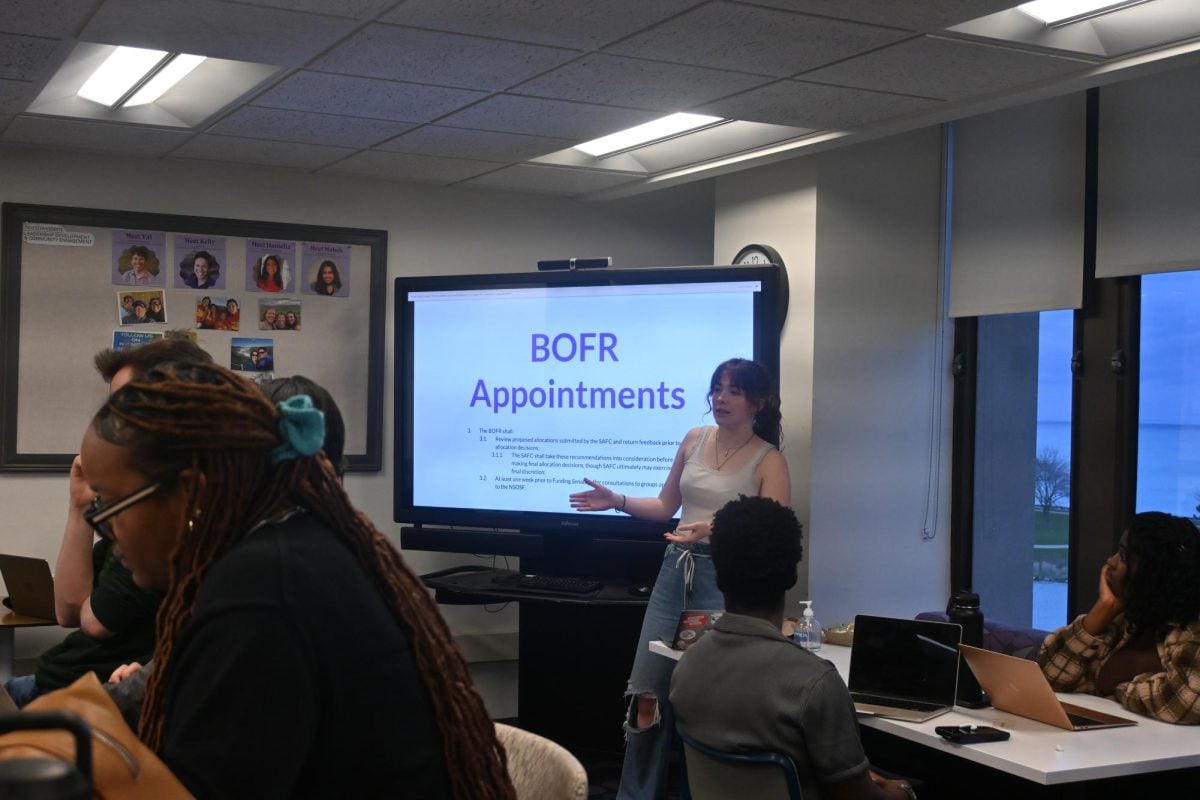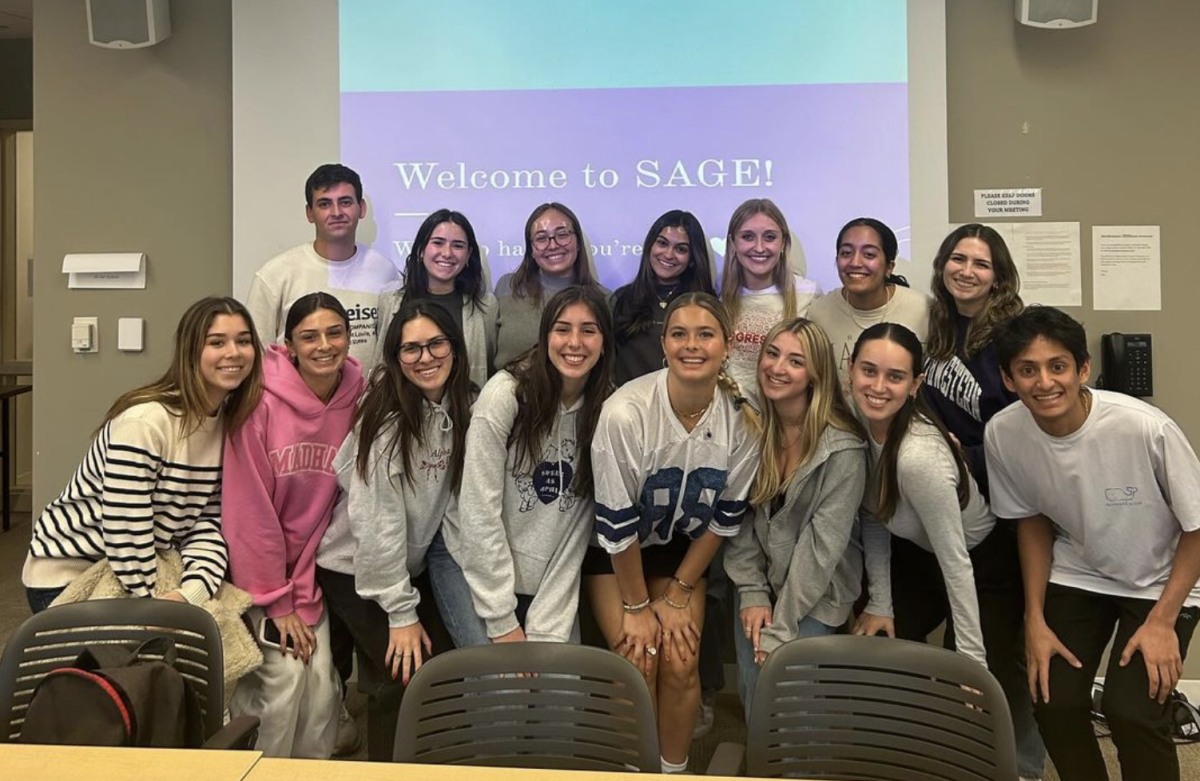
Jeff Himmelman knocked on wood multiple times while he spoke at a barren table in Medill Dean Brad Hamm’s conference room Thursday morning. During a half-hour Q-and-A with The Daily, he admits to benefiting from well-timed fortuity throughout his career, from meeting and working with Bob Woodward to landing an interview with Frank Ocean. Himmelman is a contributing writer to The New York Times Magazine, where he gets free reign to pitch and air out ideas. Before his lecture at Medill on Thursday, the 37-year-old musician and writer spoke to The Daily about the passion in his craft and the luck in his life.
On covering 9/11 and its aftermath with Bob Woodward: “When September 11 happened, we were on our way to an interview on the Hill. Literally women were running in high heels away from the Capitol. We were walking toward the Capitol to see Olympia Snowe. But in that moment, I was walking toward the Capitol with Woodward and I said, ‘If I died here what would I regret?’ In that moment, I thought I would regret having not tried music more completely. And so pretty shortly after that day, I told him I was going to leave, so I left.”
On Ben Bradlee and writing a book about him: “He’s an amazing newspaper editor; in part because he didn’t give a s— about a lot of stuff. He gave me access to his whole life. Fifty boxes of material, probably five or six hundred pages in each. I went through so many different attempts. Eventually, you realize there’s only one story you have so you just tell that one. There was a year where I was literally pulling my hair out, driving my wife crazy. Woodward, my former boss, was very unhappy with some of the stuff I put in the book. And I knew he would be. He didn’t like that I used the stuff he told me not to use.”
On long-form feature stories vs. daily articles: “For me, the daily beat aspect was never as appealing. I don’t think I’d be very good at it. My favorite thing is to go deep into stuff. I can crank stuff out pretty quickly if I have to. I’m in a good position now where the Times lets me pitch. They say no, if they don’t want it.”
On deciding to write the Frank Ocean feature: “I was having dinner with seven friends. I had pitched a piece about RGIII (Robert Griffin III), which the Times bought. A day before the preseason really started, the PR guy at the Skins was like ‘no dice.’ And I think it’s because there was so much hype about him before the season. It was around Labor Day and I was super bummed. At dinner, I can’t remember if it was my wife or my friend who said, ‘What are you most interested in right now?’ I was like, ‘Frank Ocean.’ I loved his record, for whatever reason it came out of the ether and just grabbed me. This guy could be a next-level type genius. At 12:30 that night before I went to bed, I emailed my editor. The subject just said, ‘Frank Ocean.’ And underneath, I said, ‘is the story.’”
On having a lucky and winding career road: “I feel very fortunate to be where I am. I honestly don’t know what advice to give. The times I have been most successful in my life have been when I was able to identify something I really do care about. There are still places where people are having fun. Find the people that are having fun and go work there. I didn’t want to be the guy standing by a locker with a recorder in the air. That eliminated a lot of options for me. I think we’d all like to think we really want to know what all the op-ed writers are saying, but I don’t really care. It’s taken me 37 years to figure out I don’t have to care.”







